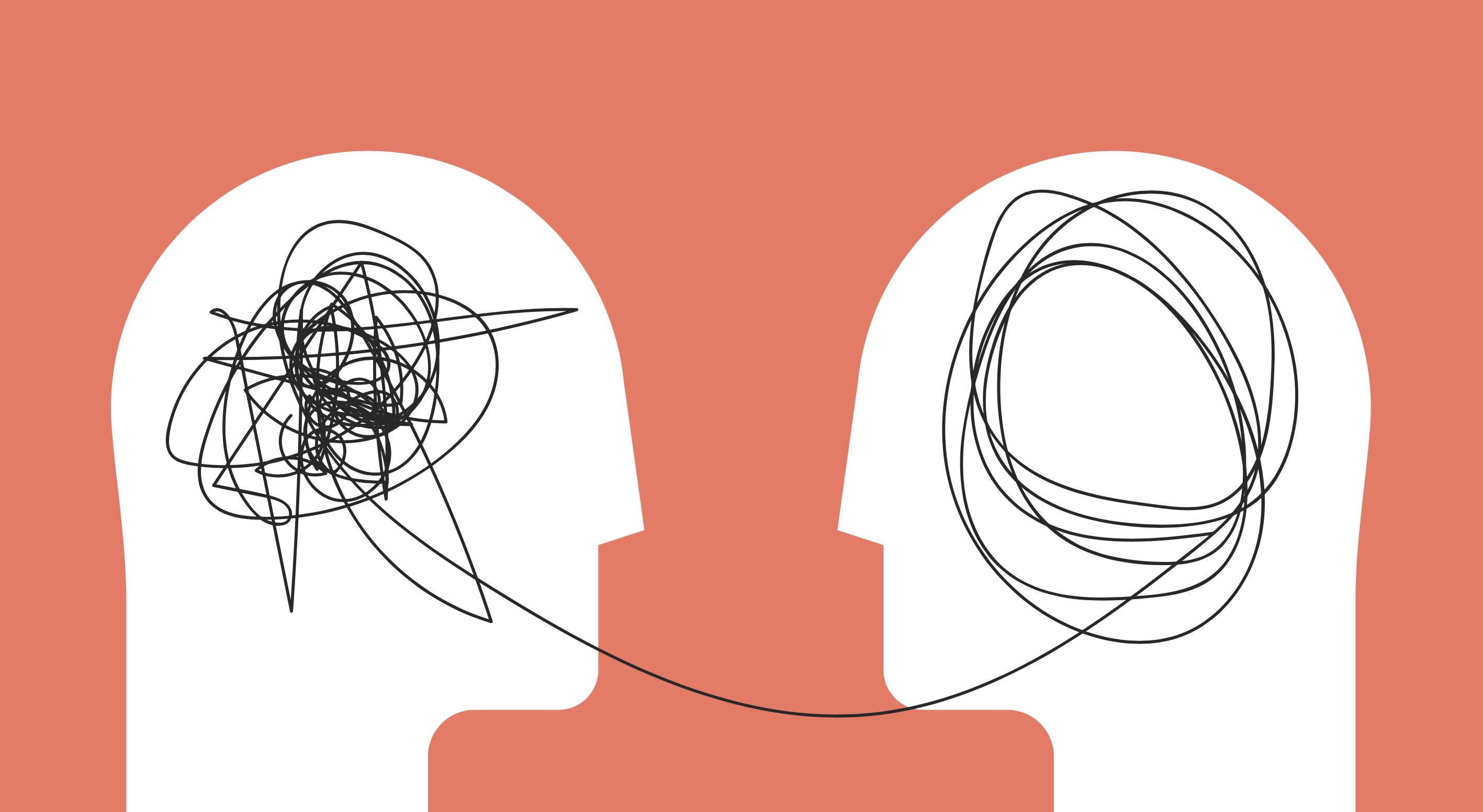
12 June 2020
Brands in the time of Corona
Let’s start with the basics, what we don’t mean and what we do mean when we talk about a brand.
We don’t mean a logo, or a colour palette. Nor do we mean advertising or communication assets. And we don’t mean a product or service. Brands are best thought of as mental constructs, the beliefs and expectations that pop into our heads when we’re exposed to some stimulus (like the logos, ads or products mentioned earlier).
Brands don’t exist in the real world.
They’re a web of mutable, intangible associations and prejudices. So I buy or use brand X because I feel or believe something about what it values and represents – and generally I want to be associated with those same beliefs and values myself.
The thing about beliefs, as lots of religious martyrs have learned over the last couple of millennia, is that they’re only really tested in times of crisis.
It’s all very well for a brand to claim it stands for fairness, great customer service or world peace when things are going smoothly, but what happens when the old certainties are swept away and platitudes may not cut it anymore?
What happens when the normal rules break down and people’s behaviours and expectations change? What happens when the whole world is shaken by a viral pandemic?
The nineteenth century French sociologist Emile Durkheim called this kind of thing anomie, the disintegration or loss of behavioural norms. When individuals or societies suffer from anomie they sometimes do crazy things. They might panic buy loo roll, then move to pasta or flour. Asked why they do this few would be able to give a coherent rationale.
Some people start to argue with authority, flout the usual rules of behaviour and generally fuel the chaos, but most of us, when confronted with the unknown, start to look for anchors, familiar reference points we feel are trustworthy, sensible and empathetic.
These beacons of certainty can become very important when everything else seems so uncertain.
Brands that understand this – and invest in demonstrating the right kind of empathetic behaviours and communicating the right kinds of messages – can step up and fill this gap that the feeling of anomie has created.
Our supermarket chains did this, becoming the voices of calm when consumers first started to panic buy. The Coop’s advertising, with members of its staff on a glitchy zoom call, oozes humanity, empathy and understanding.
NatWest, Deliveroo and others took steps to demonstrate empathetic behaviours. These are brands whose actions, not just their words, told us that they’re here with us, understanding how we feel.
There’s a commonly repeated cliché that the Chinese logogram for crisis combines the characters for opportunity and danger. Whether this reading of the Chinese is right or wrong it’s certainly true that covid-19 has placed brands at a crossroads. For some like those above it has led to opportunity. But a few others chose a path to potential disaster.
Many of us will remember the beginning of the crisis, when Britannia Hotels threw their resident staff out onto the street and closed up their hotels. This included staff from Spain who were unable to return to their home country and were, at least for a while, homeless. Not advisable.
Mike Ashley initially chose the wrong path too when he argued that Sports Direct should stay open through the lock down because SD was an ‘essential service’. Tim Martin similarly argued to keep Wetherspoons open and then, when forced to close refused to furlough his staff.
And who could forget Richard Branson of Virgin airlines, a brand built on being the peoples’ champion, asking the UK government for a bailout whilst isolating on his Caribbean island? The Virgin case is perhaps most interesting because the brand is much stronger than the business itself. Virgin Atlantic posted £45m loss in 2018 and operates on negative margins so was in trouble well before all this started anyway.
At Boldspace we believe in monitoring a Whole World Brand View of our clients’ brands. That includes understanding everything, market shifts, behaviours and reputation included.
It was important before, it’s sink or swim now and in the future.
Will businesses invest more in developing and embedding branded behaviours in their organisations? Will we see more businesses investing in and talking about their CSR policies? Will business become more human?
Will consumers remember and reward the brands that behaved well and stood alongside them and supported them through these difficult days? And will they punish those brands that said they were on the side of the people but when it came to it just locked up shop and went to their private island?
When opportunity and danger came knocking concurrently, who had a deep enough belief system and a broad enough view to act authentically and boost their reputation?
All extremely important questions for any brand to ask themselves today and tomorrow.